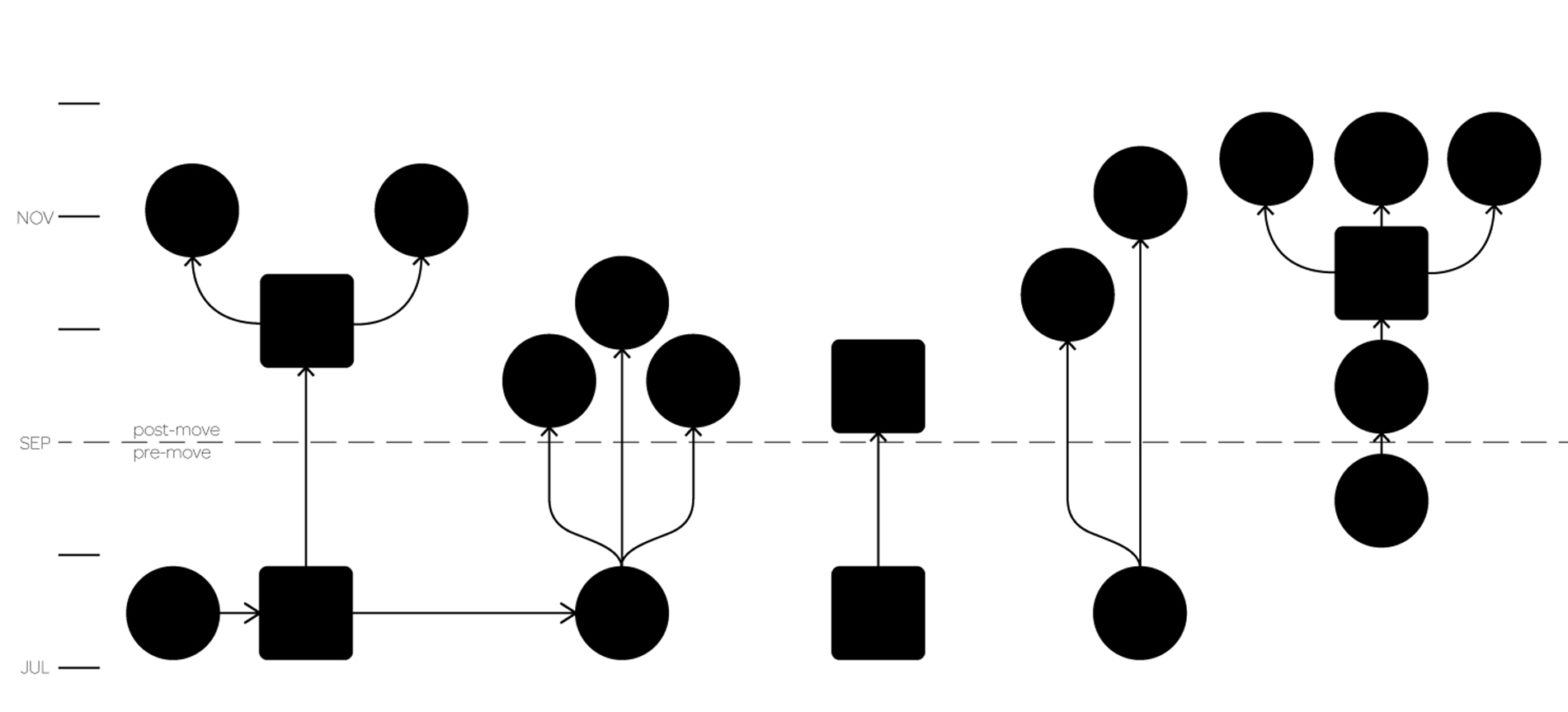Turns out we want to talk about friendships. Thanks to those of you who reached out to me personally in response to my earlier blog post. I’m also excited to see the dialogue around building and maintaining friendships as adults has since expanded beyond a handful of forward-thinking blogs. Articles have popped up in The Atlantic, The Huffington Post, The New York Times and Vox acknowledging the challenge of adult friendship as well as analysing the systems that may be counterproductive (such as urban planning). Here are a handful of my favourites:
- How Friendships Change in Adulthood
- How our housing choices make adult friendships more difficult
- How To Make Friends As An Adult In 4 Simple Steps
- Dorms for Grownups: A Solution for Lonely Millennials?
- Friends of a Certain Age
- The Limits of Friendship
Having just moved to a new city, I am acutely aware of this trend and have been actively thinking about ways to better understand this dynamic. A wise friend suggested that I focus on the myths we tell ourselves about making friends, which are easy to find in these list-style blog posts. “Join a club”, “become a volunteer” and “use your kids/pets” are so commonly sited that we take them as a given. I actually think this post (also from Bustle) sums it up nicely:
“My cousin once said to me of her fellow mom friends, “These aren’t people I’ll know forever, they’re just people I hang out with.” It sounded a little harsh at the time, but now that I have a kid of my own, I get what she means. Of course you meet people you really, genuinely connect with as a parent, but by and large, the majority of your new friends are not people you’d ask for a ride to the airport.”
So how do we get beyond the myths to identify barriers and best practices? With data. By documenting our actual experiences and sharing them. Enter The Reliants Project. Inspired by conversations I’ve had over the last six months, my goal is to encourage people to map how they make new friends they can rely on in an increasingly transient world.
If you are…
- moving to a new place within the next 3 months or moved within the last 3 months
- not participating in a full-time education program (ie. university or graduate studies)
- willing to keep track of all new connections for at least 1 year
…then it would be wonderful to have you to participate.
Why these three guidelines? I think it’s hard to remember how your friend base grew and evolved after 3 months have passed, but friends often start making introductions in advance. University and graduate programs offer a set of ready-made acquaintances that often easily grow into friendships. Most people claim it takes them at least a year to settle into a new place. Even if you don’t fit these guidelines but are interested in tracking your experience, I’d still love to hear from you!
What will this entail? Over the next year I will be keeping track of all the new connections I make and mapping them. My plan is to use Adobe Illustrator to draw this tree-style diagram, but Keynote, Lucidchart, PowerPoint or even mind mapping software such as XMind would work just as well. The information I am collecting is as follows:
- When and in what context I met each person (meeting through introduction, organisation event, spontaneously, etc)
- If I met the person through an introduction or recommendation, who provided it
- Who did I meet as a result of meeting this person (either through further introductions or recommendations)
- Has this person become a “reliant” and part of my personal friend network
In addition to my own data, I’ll collect and organise all the information I receive from other Reliants Project participants to share. No doubt this project will evolve over time. If you’re interested in participating, take a moment to fill out this Typeform: I want to participate!
If you’re just interested in updates, stay in touch by providing your email address in the right hand column of this page. Know someone who fits the bill? Please forward this on and encourage them to reach out. Can’t wait to see how this unfolds!

Pingback: The Reliants Project: 3 months | with ease
Pingback: The Reliants Project: 6 months | with ease
Pingback: The Reliants Project: 12 months | with ease
Pingback: The Reliants Project: 9 months | with ease